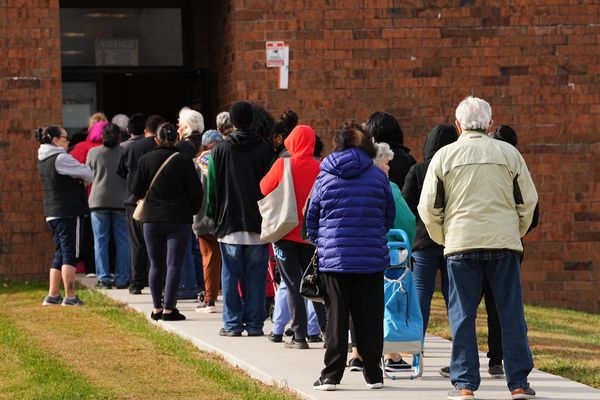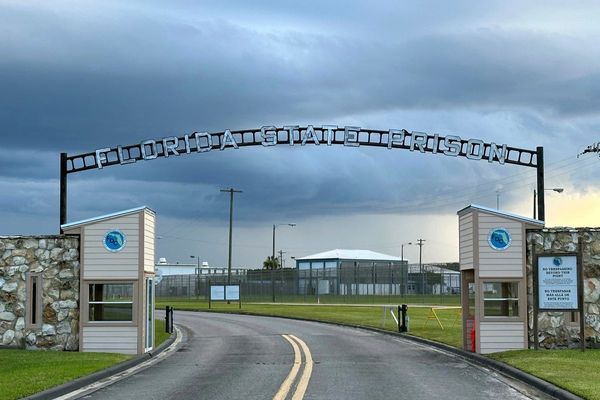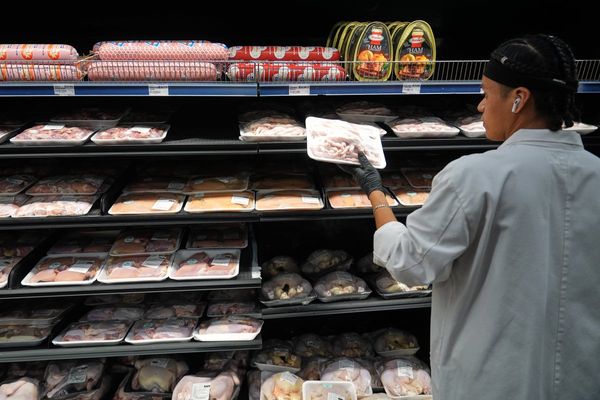
Asked some time before the latest increase in Bank rate whether he was comfortable with such a prospect, even at the risk of precipitating a recession, Jeremy Hunt, the chancellor, replied “yes”.
During the 1990-92 recession, John Major, as chancellor, declared: “If it isn’t hurting it isn’t working.” But that was when the recession was well under way. And when he became prime minister, his chancellor, Norman Lamont, said: “Rising unemployment and the recession have been the price that we have had to pay to get inflation down. That price is well worth paying.” (This is often misquoted as “worth paying”, but accuracy matters.)
These were pretty insensitive statements, but there it is. For good or bad – and it wasn’t good – that government, and the rest of us, were landed with a recession following the excesses of the Lawson boom and the consequent inflation.
We move forward to the present day, and the situation is pretty amazing. For a chancellor to say, when an election is expected next year, that he is comfortable with the prospect of a recession? What kind of election platform is that?
I should point out that ever since the end of the second world war, when economic policy “management” was discovered, policymakers have continually been faced with a delicate balance between encouraging economic growth and employment and trying to avoid inflation. Attempts to avoid or mitigate inflation usually involve higher unemployment via curbs to spending by businesses or us “consumers”. But not many chancellors are as frank as Hunt, Lamont or Major.
The poor old Bank of England is now being blamed for the UK’s stubbornly high rate of inflation compared with our European (former!) partners and the rest of the Group of Seven leading industrial countries. It is all the Bank’s fault, we are told. Its job is supposed to be controlling inflation and it keeps getting it wrong.
The truth that dare not speak its name in certain circles is that the reason why inflation is so much higher here than in other countries is Brexit; the referendum was followed by a dramatic fall in the pound, which raised all import prices, not least food from the EU. Not only did this have nothing to do with the Bank, but the governor at the time, Mark Carney, warned forcefully against Brexit.
With its discouraging impact on the supply of EU workers on which so many British businesses depended, Brexit has aggravated inflationary pressures further, on top of the direct effect of higher import prices. It is not obvious to me that raising interest rates is the appropriate policy to deal with this: what is needed is nothing less than the reversal of Brexit.
Let’s face it. Brexit is the biggest act of self-harm this country has imposed upon itself since the English civil war of 1642–51. The Tories have severely damaged themselves and the nation they were supposed to govern.
For the Conservatives, Brexit “freedom” involves an increasingly bitter civil war within the party and the freedom to demonstrate that Brexit is a disaster. Quite apart from the manifest economic damage, Brexit also offers the freedom to queue at ports and airports, disrupt parcel services, enjoy empty shelves, stop your children from enjoying educational opportunities abroad, and severely limit how much time you can spend in the EU, even if you own property there.
But the mood has changed. In some respects the British people seem to be ahead of their politicians. The veteran pollster Peter Kellner says in the current issue of the New European: “The latest poll of polls reported by the National Centre for Social Research shows that a referendum held today would produce a decisive 56%-44% majority for rejoining the EU rather than staying out.” Many Leave voters have lost their faith – surprise, surprise. Many old, predominantly Leave, voters have died: “Over the same period, almost 5 million people have reached voting age, and they overwhelmingly want Britain to be in the European Union.”
So what is the Labour party doing? Running scared.
I didn’t get where I am today by making forecasts, but, like most people I meet I should be very surprised if Labour did not win the next election with a working majority. However, if he carries on being so supine about Brexit, Keir Starmer risks making the mistake his hero Harold Wilson made in 1964.
Wilson’s government was hamstrung by his refusal to devalue the pound when he came into office. If Starmer refuses to shoot at an open goal, and fails to come out strongly with a policy of re-entering the single market on day one, he will inherit an economic disaster that is almost certain to inhibit the achievement of his many other laudable ambitions.







